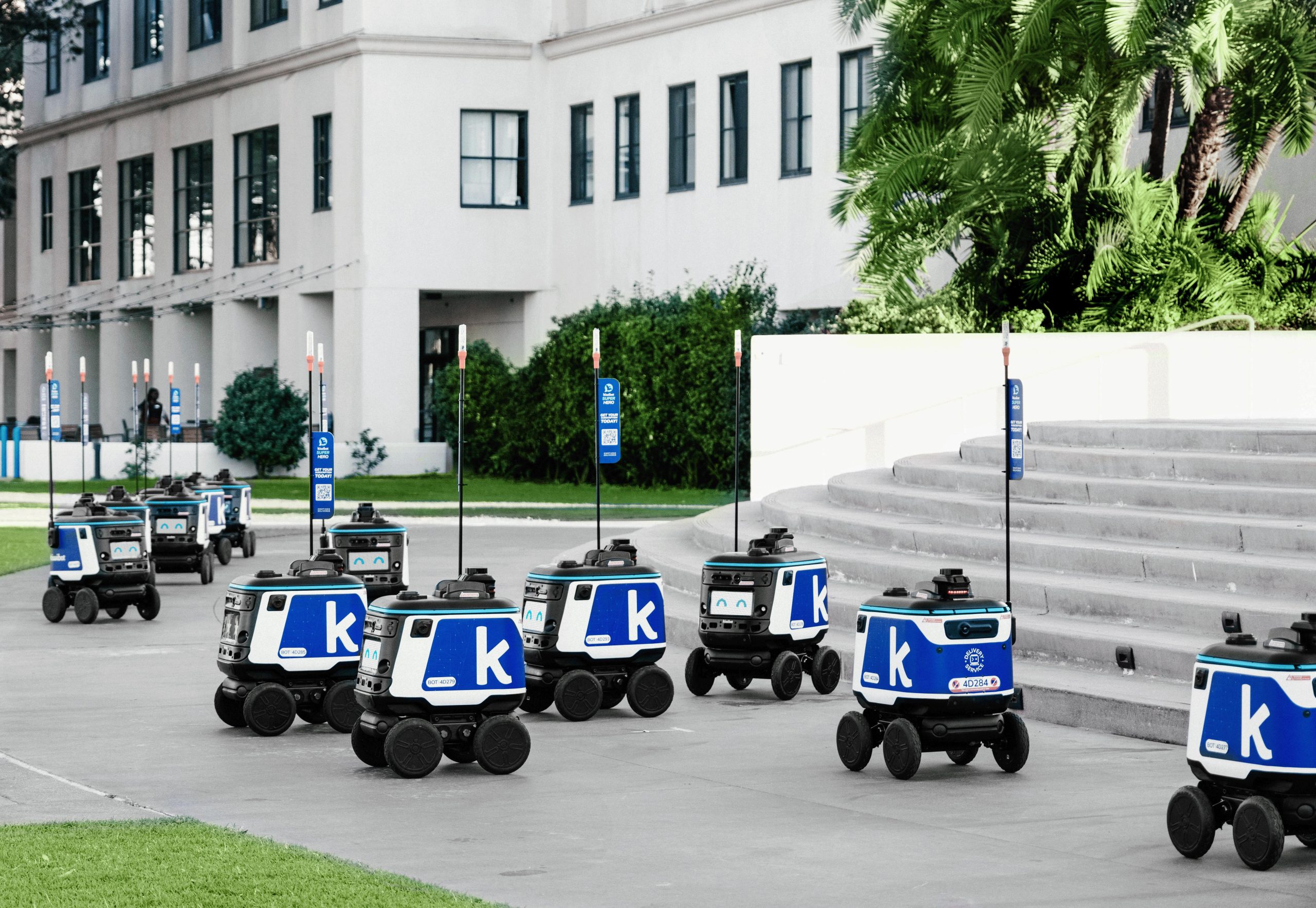
How Autonomous Vehicles Will Change Transportation
Autonomous vehicles (AVs), also known as self-driving cars, are no longer just a futuristic concept—they are becoming a reality with the potential to revolutionize transportation. As artificial intelligence and advanced sensors become more sophisticated, the world is beginning to embrace the transformative possibilities of autonomous technology. From reducing traffic accidents to reshaping urban landscapes, the implications of AVs extend far beyond mere convenience. Here’s an in-depth look at how autonomous vehicles will change transportation as we know it.
| Impact Area | Key Benefits | Challenges |
|---|
| Safety | Reduces accidents caused by human error; safer roads | Requires trust in technology and robust testing |
| Traffic Flow | Optimizes traffic flow with real-time data and communication | Needs infrastructure upgrades and dynamic traffic systems |
| Accessibility | Provides mobility solutions for elderly and disabled users | High initial costs for deployment and adaptation |
| Urban Infrastructure | Frees up urban spaces with reduced parking needs | Redesign of cities to accommodate AVs |
| Environment | Minimizes emissions and optimizes fuel consumption | Electric infrastructure development needed |
| Economy | Creates jobs in tech, disrupts driving-dependent sectors | Potential workforce displacement in driving sectors |
| Productivity | Reclaims travel time for work, leisure, or relaxation | Maintaining focus on passenger experience and safety |
1. Safer Roads with Fewer Accidents
Human error is responsible for over 90% of road accidents globally. Autonomous vehicles, equipped with advanced sensors, machine learning algorithms, and real-time data processing, can significantly reduce these errors.
- Eliminating Human Error: AVs do not get distracted, fatigued, or impaired, ensuring consistent and predictable driving behavior.
- Collision Avoidance Systems: With technologies like LiDAR, radar, and cameras, AVs can detect obstacles, pedestrians, and other vehicles with precision, responding faster than human drivers.
Impact: A reduction in traffic fatalities and injuries, potentially saving thousands of lives annually. Safer roads will also decrease the burden on healthcare systems and reduce insurance premiums.
2. Improved Traffic Flow and Reduced Congestion
Traffic congestion costs billions annually in lost productivity and fuel consumption. Autonomous vehicles can address these inefficiencies by optimizing traffic flow.
- Coordinated Movement: AVs can communicate with each other and traffic management systems, minimizing stop-and-go traffic.
- Dynamic Routing: Real-time data analysis allows AVs to choose the most efficient routes, avoiding bottlenecks and accidents.
Impact: Smoother traffic flow means less time spent on the road, reduced fuel consumption, and lower greenhouse gas emissions.
3. Accessibility and Mobility for All
Autonomous vehicles have the potential to democratize transportation by providing mobility solutions for people who face challenges with traditional driving.
- Elderly and Disabled Users: AVs can offer independence to those unable to drive due to age or physical limitations.
- Affordable Ride-Sharing: Shared autonomous fleets can make transportation accessible to low-income populations, reducing reliance on personal car ownership.
Impact: Increased social inclusion and improved quality of life for individuals who are currently underserved by existing transportation systems.
4. Reshaping Urban Infrastructure
The widespread adoption of autonomous vehicles could lead to significant changes in urban planning and infrastructure.
- Reduced Parking Needs: With shared AV fleets, the demand for parking spaces could decrease, freeing up valuable urban land for parks, housing, or businesses.
- Smarter City Designs: Infrastructure can be optimized for AVs, with dedicated lanes and intelligent traffic signals.
Impact: Cities could become more pedestrian-friendly, with fewer cars on the road and more space for public use.
5. Environmental Benefits
Autonomous vehicles have the potential to support sustainability goals by reducing emissions and optimizing fuel use.
- Increased Efficiency: AVs can maintain consistent speeds, minimize idling, and adopt eco-friendly driving practices.
- Electric Integration: Many AVs are expected to be electric, reducing reliance on fossil fuels.
Impact: A significant reduction in carbon emissions and improved air quality, contributing to global climate change mitigation efforts.
6. Economic and Workforce Transformation
The rise of autonomous vehicles will have profound economic implications, creating new industries while disrupting existing ones.
- Job Creation: New opportunities will arise in software development, AV maintenance, and data analysis.
- Workforce Displacement: Jobs in driving-heavy sectors like trucking and ride-hailing may decline, necessitating reskilling initiatives.
Impact: A shift in labor dynamics, requiring proactive measures to support affected workers.
7. Enhanced Productivity and Convenience
With AVs handling the driving, passengers can reclaim their travel time for work, leisure, or relaxation.
- Mobile Offices: AVs can be equipped with workstations, allowing professionals to remain productive during commutes.
- Stress-Free Travel: Passengers can relax, read, or enjoy entertainment without worrying about traffic or navigation.
Impact: A significant improvement in the overall travel experience, making long commutes less taxing.
Challenges and Considerations
While the benefits of autonomous vehicles are immense, there are challenges to overcome:
- Regulatory Hurdles: Governments must establish clear and uniform regulations for AV deployment.
- Public Acceptance: Building trust in AV technology is critical, as many people remain skeptical about its safety and reliability.
- Cybersecurity Risks: Ensuring the security of AV systems against hacking and data breaches is paramount.
The Road Ahead
The journey toward fully autonomous transportation will be gradual, with a mix of traditional and autonomous vehicles coexisting for years. However, the potential of AVs to revolutionize how we move is undeniable. From reducing accidents and emissions to creating smarter cities, the impact of autonomous vehicles will reshape the future of transportation and society as a whole.
As technology advances and infrastructure adapts, autonomous vehicles promise a safer, more efficient, and inclusive transportation system. Whether as personal vehicles or part of shared fleets, they will pave the way for a more connected and sustainable world.



